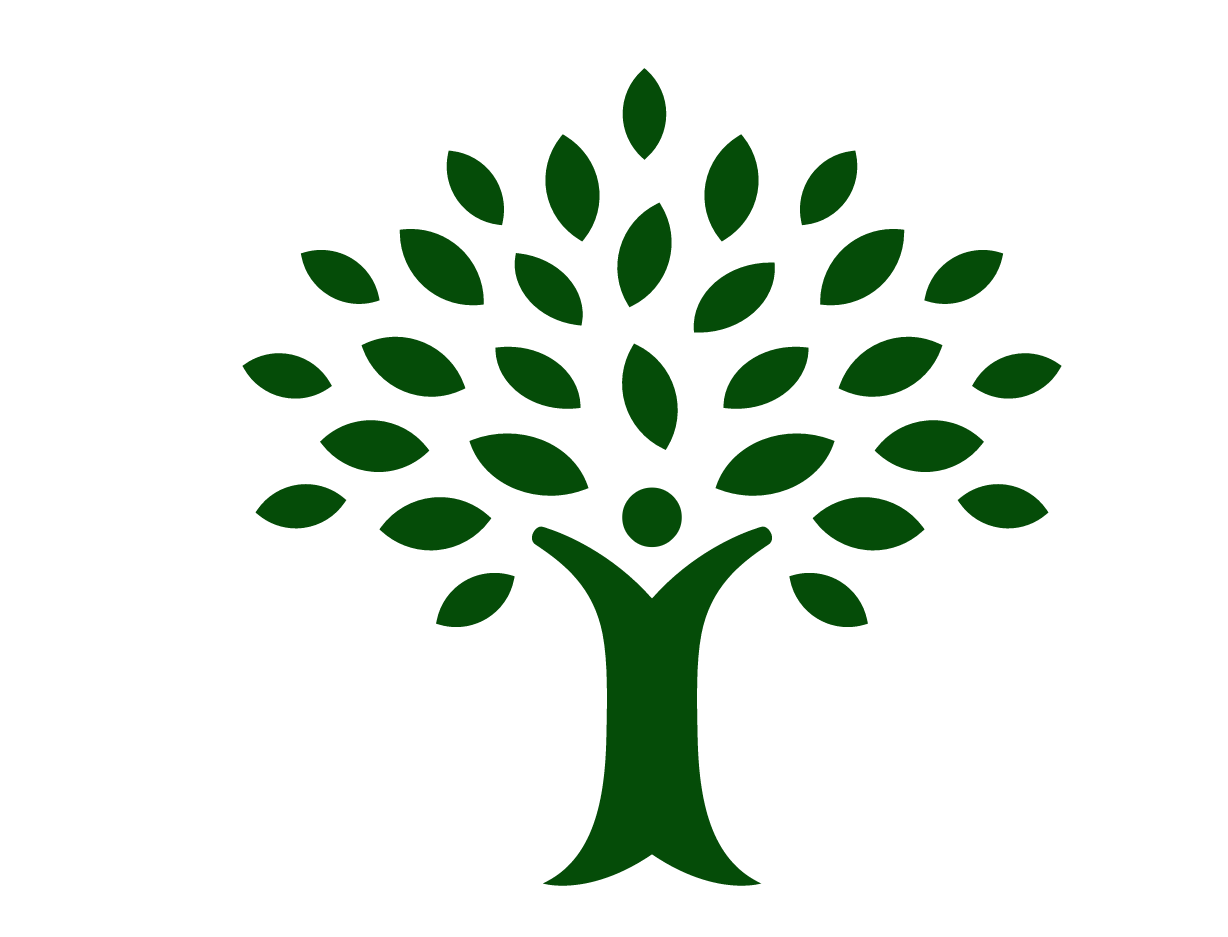The sustainability job market has been very active for the past six months. Sustainability Leads average number of job posts each week has doubled in the latter half of 2017. While this is not hard science, it is a signal that the sustainability job market is healthy.
Perhaps this uptick in new jobs is that organizations feel added responsibility in response to political changes and have elected to hire, or turnover could just be higher in 2017. Regardless of the drivers, if you are a sustainability professional, now is as good of time as ever to dust of the resume and shop new jobs.
One aspect of the sustainability job market that seems forever consistent is the demand for sustainability skills. Almost every job description we pick up defines core skills, competencies, experiences that the employer is seeking. From soft and interpersonal skills, to hard technical skills, the sustainability job market is a “Skills Economy”.
PayScale conducted a Skills Economy Study, you can find the link here . In the study, PayScale highlights what it calls a 'Skills Gap'.
“We hear all the time about the ‘skills gap,’ the gap between the skills needed to succeed in the professional world and the skills with which young professionals leave college,” said Katie Bardaro, VP of Data Analytics, PayScale. “The data we’ve collected show that even though their education may make recent college graduates feel prepared to enter the workforce, only half of hiring managers agree with them; managers feel crucial skills in recent graduates are frequently lacking or absent.”
While the study talks significantly about the 'skills gap' between recent college graduates and employers, the 'skills gap' concept is relevant to the sustainability job market. Think about it, right now at COP23, sustainability leaders from JPMorgan and BlackRock, as well as representatives from Bank of America, the Coca-Cola Company and candy maker Mars Inc are advocating for climate change with world leaders in Germany. There is a skills gap in those sustainability leaders participating in COP23 in Bonn, and those sitting in Philadelphia at Sustainable Brands New Metrics. More on this later.
The skills gap can be boiled down to two distinct skill sets, Technical Skills & Personality Skills.
Technical skills are the knowledge and abilities needed to accomplish mathematical, engineering, scientific or computer-related duties, as well as other specific tasks relating to technology. For sustainability, these technical skills are those related to measuring and understanding carbon impacts of operations and product, understanding science based goals and methodologies, mastering material health, and forecasting unintended sustainability consequences of poor decision making. These are skills you can learn, be trained on, or become accredited within.
Personality Skills include Critical Thinking, Dependability, Flexibility, Interpersonal Skills and Motivation. For sustainability, these are the skills to inspire, convince, on-board, align, and mobilize a culture of “becoming different”. It is the ability to use influencing skills for good, to help enable the right decisions for people, planet and profit. These are skills that are acquired, refined through experience, improved through failures, and ignited with successes.
My comment earlier about the two types of sustainability leaders, those in Philly and those in Bonn, are related to my own observation in the two types of sustainability leaders in the market today. For those in Bonn, it is evident that those are leaders who have convinced their organizations that there is a role for their organization to play on the global scale. They have successfully made the business case for climate change, internal price of carbon, and meaningful goals that are science based and SDG aligned. Their success will most often be attributed to these leaders personality skills. With all humility, I’m not at Bonn, I haven’t convinced a company to go advocate for climate legislation on a global scale. I respect the hell out of those who are.
For those in Philly, perhaps we are still refining our skills, looking for tips and tricks for how to make our organization move in a more sustainable direction. Maybe we aren't there yet, and the 'skills gap' is a real thing.
GRI’s Tim Mohin wrote an article about the 9 skills for success in corporate sustainability leadership. The link can be found here. The list and article are a great summary and reminder of how sustainability requires a mix of technical and personality skills to succeed. If your looking for a job, take this into consideration.
9 skills for success in corporate sustainability leadership
1. Be flexible like Gumby and curious like George
2. Hold on to your core competency while learning new skills
3. Communicate, communicate, communicate
4. Lead through influence
5. Read the system
6. Learn and practice “corporate jujutsu”
7. Be entrepreneurial
8. Pay attention to detail, discipline, quality, and results
9. Above all, passion for the cause

